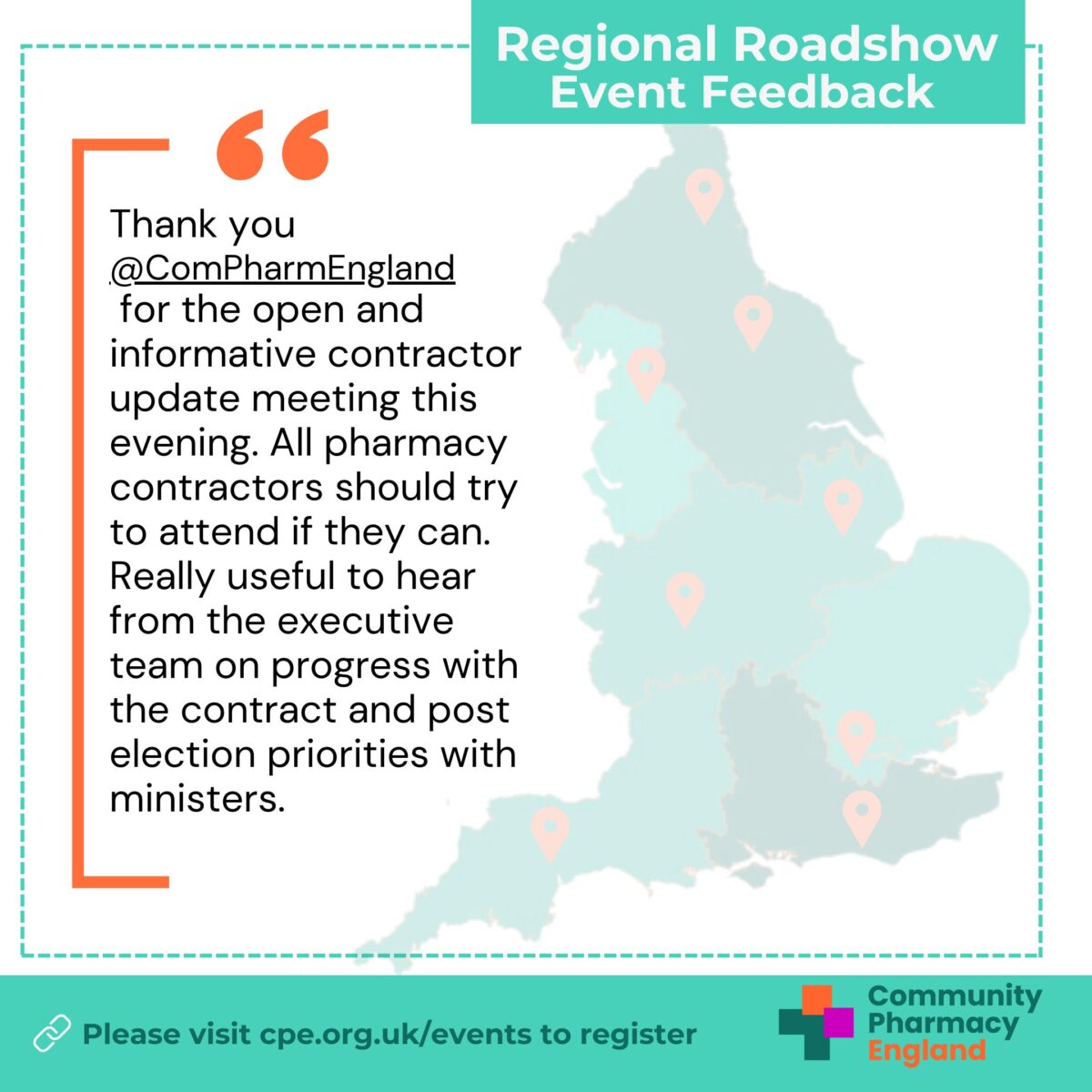Mandatory national audit announced
THIS CONTENT HAS NOW EXPIRED
PSNC and NHS England have agreed that the 2022/23 national clinical audit will focus on valproate, with the aim of reducing the potential harm caused by taking valproate during pregnancy.
The audit must be completed by all community pharmacy contractors as this is part of their NHS contractual requirements.
Contractors will be required to conduct the audit over a six-week consecutive period, however, the workload associated with the audit is expected to be manageable for all contractors as the number of patients covered by the audit is small.
Contractors who participated in the 2019/20 Pharmacy Quality Scheme (PQS) may have completed a similar valproate audit as this was a quality criterion within this Scheme. The 2022/23 national clinical audit will be based on the PQS audit and will allow contractors to close the audit cycle by re-auditing their practice.
The 2019/20 PQS audit results showed that the 10,293 pharmacies that participated in the audit over a three-month period had 12,068 patients who agreed to take part in the audit. This equates to 1.2 person per pharmacy over a three-month period. Therefore, over a six-week audit period this is likely to be lower still.
Contractors can choose the six-week period over which to complete the audit (as long as this is completed by 31st March 2023). Previously, the audit needed to be completed over a fixed period, but PSNC pushed for this flexibility, as it will allow contractors to pick a time that works best for them.
NHS England has published the results of the PQS 2019/20 valproate audit and as part of the national audit, contractors will be expected to familiarise themselves with and adhere to the recommendations provided in the report. Of the 12,068 patients (or their representative, where appropriate) who agreed to participate in the audit:
- 675 (5.6%) said that they had not been provided with advice and information in line with the MHRA Drug Safety Update 2018 concerning the potential impact on an unborn child;
- 10.6% did not have a copy of the Patient Guide;
- 11.1% did not have a copy of the Patient Alert Card; and
- 4,374 (36.2%) women advised they did not have highly effective contraception in line with the Pregnancy Prevention Programme and of these, 1,159 (26.5%) were referred/signposted back to their GP or specialist to discuss contraception.
The results therefore show that while a high number of patients were aware of the safety considerations associated with the use of valproate, there is still more work to be done to ensure patients receive the correct information about valproate and the risk of birth defects. This is also reinforced in the reminder that the General Pharmaceutical Council (GPhC) sent to all registered pharmacy professionals last month about dispensing valproate and the actions GPhC is taking when valproate is not supplied safely.
Commenting on the launch of the audit, PSNC Director of NHS Services, Alastair Buxton said:
“Originally it had been agreed that this audit would be included in the 2022/23 PQS but due to the delayed start of the Scheme, PSNC negotiated the removal of some of the Scheme’s requirements. However, PSNC is pleased that NHS England agreed to our suggestion of repeating this important audit in 2022/23. Pharmacy teams have a vital role to play in ensuring valproate is prescribed and dispensed safely.
“Many contractors have told us they want to see the results of previous audits shared and the audit cycle being completed; this audit will achieve that aim, building on the important work that pharmacy teams completed in the 2019/20 PQS and supporting further action to address this important patient safety issue.”









